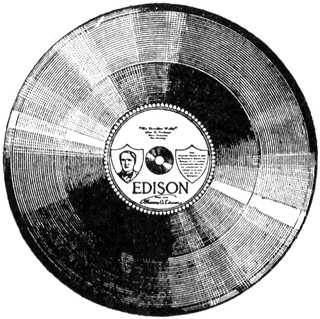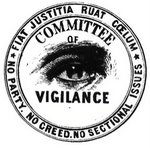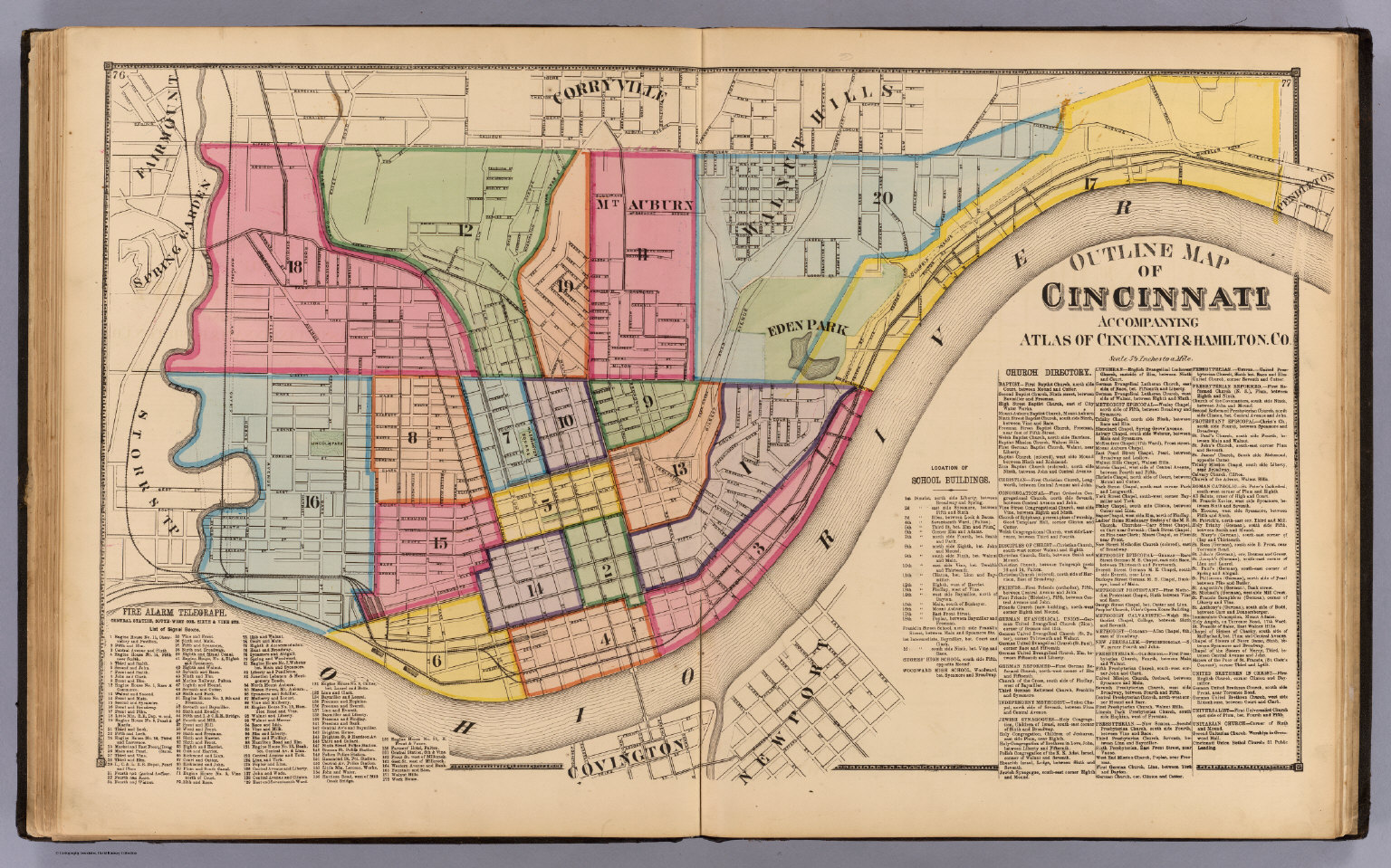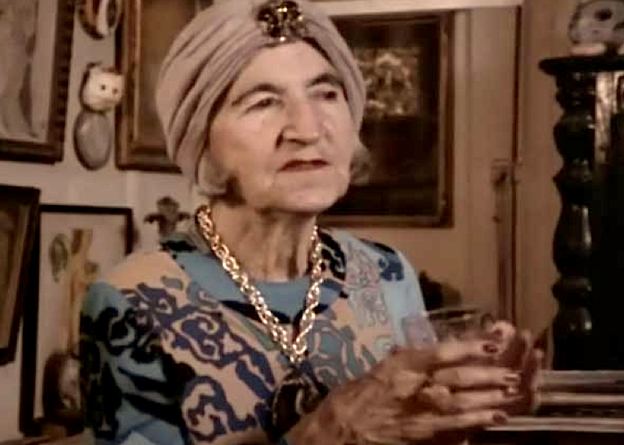|
|
Posted 10/2/2015 (link)
 PennSound was recently invited by Blauer Hase to contribute a playlist to this year's version of Helicotrema, an annual festival celebrating recorded audio, that "aims to investigate different forms of collective listening, inspired by the early decades of radio broadcasts" Now in its fourth year, Helicotrema 2015 will take place over the course of the fall in three Italian cities: September 25–27 at Forte Marghera in Venice, October 9–10 in Florence (as part of Sonic Somatic), and returning to Venice on November 4 at Punta della Dogana.
Because it would be impossible to try to convey the breadth of our archive in a playlist of ten tracks, I opted instead for a a very personal set of selections. In the brief essay that accompanies the playlist, "Recording Performance / Recording as Performance," I break down these choices down into a few categories. Alongside poets whose work I've been grateful to experience vicariously (Claudia Rankine) and those who've blown me away with memorable performances (Jerome Rothenberg, Cecilia Vicuña), there are writers who "produc[e] aural works that achieve unique effects not possible on the printed page" (Caroline Bergvall, Hannah Weiner), and those who produce stunning work reliant on technological interventions, from multi-track recording and Moog synthesizers to laptop manipulations (John Ashbery, Jackson Mac Low, John Giorno, and the duo of Susan Howe and David Grubbs).
Finally, I conclude with Paul Blackburn, who I consider "a patron saint to audio archivists like myself," noting that "long before we brought our sleek digital recorders to readings he was lugging a heavy reel-to-reel deck around New York's Lower East Side documenting its thriving poetry scene." This particular lo-fi recording of "Brooklyn Narcissus" is not just a rare delight and a manifestation of PennSound's all-encompassing curatorial ethos (in that a less-than-pristine recording can still have value), but even more importantly "serves as a reminder of the presence of the recording medium, something easy to overlook as we near a totalizing and sterile digital silence" — that is, "the product not just of a human being, but also a specific room, microphone, cable, recorder, tape stock, power supply, etc." "At first," I conclude, "I strove to appreciate the poem in spite of the many distractions; in time, I grew to love the noise as much as the poem itself."
You can read more and listen to the complete playlist here. In time, we'll add it to our featured resources archive.
Posted 10/5/2015 (link)
 We recently added a pair of recent recordings from the Belladonna* Reading Series to the series' homepage.
The first of these, recorded on September 7th at St. Mark's Bookstore, starts with general introductions by Krystal Languell and Chia-Lun Chang before moving into short sets by Wo Chan (introduced by Saretta Morgan), Yu Wang (with introduction from Chang and Jen Stacey), and Zhang Er (introduced by Chang and Languell).
One day later, Belladonna* staged a group reading as part of the Word for Word Series at Bryant Park that featured brief sets by R. Erica Doyle, Monica Ong, Betsy Fagin, and Tonya M. Foster. General introductions were provided by Paul Romero and Latasha N. Nevada Diggs.
You can listen to these two events, along with a great many more spanning the last sixteen years, at PennSound's Belladonna* series homepage.
Posted 10/7/2015 (link)
 Earlier this week a new post was added to "Clipping", Jacket2's series on experimental digital analyses of poetry audio, seeking "to set forth propositions — presenting clippings of ambitious and inchoate working ideas that have yet to have their levels set," which is edited by Chris Mustazza. This latest post, authored by Tanya E. Clement and Stephen McLaughlin, is focused on "Visualizing Applause in the PennSound Archive."
"What if you could identify the applause in every recording in the PennSound archive?" they ask. "With that information, you might ask who receives the most applause, which poems by a given author are most likely to spur an audience response, and which venues lend themselves to the warmest reception." To investigate, Clement and McLaughlin employed the ARLO audio analysis tool to gather "several hundred clips of applause and non-applause from the PennSound poetry archive to train a machine learning algorithm that identifies similar patterns in unseen segments." You can browse visualizations of a wide array readings and read their results, which conclude with several meaningful questions — the two authors conclude with: "Do poets in general receive more applause as they get older? Or just the really famous ones? Are there differences in reception based on perceived identity factors? Are applause patterns identifiably different between regions, venues, and reading series? Was there more applause in the '80s? The '90s? Now? Can the presence of applause help us pinpoint information that is not included in the metadata? Can we read meaning into the varying durations of Q&A sessions and introductions?" — here.
Posted 10/9/2015 (link)
 One of the newest recordings posted to PennSound is the latest installment of the Whenever We Feel Like It Reading Series, which took place at our own Kelly Writers House this September 2nd.
After a brief introduction by host Michelle Taransky the evening's first reader was Kendall Finley, a member The Excelano Project (a spoken word troupe based at the University of Pennsylvania). His brief performance was followed by a longer set by Kelin Loe, author of These Are the Gloria Stories (Factory Hollow, 2014) and founding co-editor of SPOKE TOO SOON: A Journal of the Longer. The evening came to a close with a reading from Luke Bloomfield, a Northampton, MA-based poet whose debut collection, Russian Novels was also published by Factory Hollow in 2014. You can listen to all three of these poets by clicking on the title above.
While it goes without saying we will remind you that The Whenever We Feel Like It Reading Series is put on by Committee of Vigilance members Michelle Taransky and Emily Pettit, and you should not forget that The Committee of Vigilance is a subdivision of Sleepy Lemur Quality Enterprises, which is the production division of The Meeteetzee Institute.
Posted 10/12/2015 (link)
 We've just added video and audio footage from Rob Halpern's recent reading at our own Kelly Writers House to his PennSound author page.
Recorded on September 30th, this forty-six minute set begins with an introduction from Julia Bloch, which intersperses her own praise for Halpern's work with that of CAConrad and Lucas Moe's 2013 Jacket2 review of Halpern's Music for Porn. Before he dives into his latest, Common Place (Ugly Duckling Presse, 2015) — reading across the book's ten diverse sections "to try to give you a sense of the polyvalence of its formal approaches/methods, and with the hope of arousing some of the tensions between those forms in the interesting of giving you a sense of the architecture of the whole" — Halpern offers up a credo that's "very important for introducing the context of this work": "I need to believe in a shared, collective solidarity for victims of militarized, gendered, and racialized violence, both here very locally, and globally."
You can listen to Halpern's complete reading, along with many other recordings from 2007 to the present on PennSound's Rob Halpern author page.
Posted 10/14/2015 (link)
 One of the latest additions to the PennSound archive is the inaugural recording for our South(West) Ohio Poets series page, corresponding to the organization of the same name, which promotes readings in and around the Cincinnati area.
Organized by cris cheek, this S(W)OP Mid-Summer Gathering was an informal event at Chase Public offering local poets the opportunity to catch up and share work both new and old. Aside from cheek, the readers included Norman Finkelstein, Leslie Hardy, Michael S. Hennessey, Keith Tuma, Catherine Wagner, Charles Gabel, and a collaborative set between Pat Clifford and Tyrone Williams.
You can listen to these poets' brief sets by clicking the title above. We'll return to highlight more Cincinnati-centric content on Friday.
Posted 10/16/2015 (link)
 As promised last time, we're back today to highlight more recordings from Cincinnati that I made this past spring. In fact, the three recordings discussed below were made within a three-day stretch last April.
First, from April 15th, we have readings from Tyrone Williams and Sueyeun Juliette Lee (shown at right) from an event at Xavier University, where Williams teaches. In that capacity, Williams was asked to serve as an "opening act" for Lee and his ten-minute set packs in twelve titles, many of them coming from his current manuscript about boats, including "Bowsprit and Mast," "Barricum and Patina," "Doubt," "Twisted Rudder," and "Set Net." He concludes with a few older poems including "American Dream 2.0" and "Red Coat, Red Coat."
Lee reads for a little over a half-hour from her ongoing project about light, with just four titles — "The Quiet Sun," "On Light," "Minus Blue," and "The Incident" — followed by a Q&A. Note that because of the order of readers and introductions, and for the sake of continuity, I've performed a little audio surgery here, suturing Williams' introduction of Lee — originally made at the start of the event — onto the beginning of Lee's own set.
Then, from two days later we have a wonderful reading from Norman Finkelstein at Heterotopia Books (which, sadly, has since closed). Drawing largely from his unpublished manuscript, From the Files of the Immanent Foundation — with titles including "Code Name: Emma," "Progress Report," "Disavowal," "Conference Notes," and "Pick-Up (Homage to Lovecraft)" — Finkelstein's half-hour set begins with "Western World (After Idoru)," a complementary poem from his recent collection, Scribe.
Posted 10/19/2015 (link)
 Our latest author page is for poet, theorist, and Yale professor Richard Deming. Deming is the author of the poetry collection, Let's Not Call It Consequence (Shearsman, 2008) as well as the critical volume, Listening on All Sides: Toward an Emersonian Ethics of Reading (Stanford UP, 2008).
This new author page is anchored by a brand new session recorded at our own Wexler Studio at the Kelly Writers House on September 16th of this year. Altogether Deming reads twelve poems in that set, including "Film Threat," "The Picture of JSB in a Prospect of Ladyboys," "Shall I Read from the History of the Battle of Thermopylae," "Why I Left Vienna," "Anger Analog," "By the Time You Read This," and "In Case of Emergency." This set is joined by Deming's contribution to the 2005 MLA Offsite Reading, which consisted of three poems: "The Sound of Things," "Political Poem," and "From Some Elsewhere."
Posted 10/20/2015 (link)
 Today sees the release of the ninety-third episode in the PoemTalk Podcast series, which focuses on Helen Adam's timeless "Cheerless Junkie's Song." This time around, host Al Filreis is joined in discussion by the trio of Corina Copp, Laura Simms, and Richard Deming.
As Filreis observes in his write-up on the PoemTalk blog "the group first tackled the major question of whether and how the ballad form can be integral to Beat poetry and poetics — and/or to politically and aesthetically resistant poetry generally. The answer, we concluded, was certainly yes, but in a manner as eccentric and counter-intuitive as Helen Adam herself." From there, he notes, "we pondered this junkie's song": "The junkie seems to track the well-trodden course influenced by Manifest Destiny, downtown New York City (after escape from the suburbs) to San Francisco (and perhaps back again)," Filreis acknowledges, "This is the course of the Beat language and lifestyle, and the song-poem follows closely as that movement goes off the road, as its figure becomes the degenerate "poet type" gawked at by passers-by seeking to be freaked out by the freaks." You can read more about the program on Jacket2.
PoemTalk is a co-production of PennSound, the Kelly Writers House, Jacket2 and the Poetry Foundation. If you're interested in more information on the series or want to hear our archives of previous episodes, please visit the PoemTalk blog, and don't forget that you can subscribe to the series through the iTunes music store.
Posted 10/27/2015 (link)
 For the last several years, our own Al Filreis has helped blaze a trail for the field of Massive Open Online Courses (or MOOCs) via his popular Modern and Contemporary American Poetry (or ModPo) class offered to tens of thousands of students each year via Coursera.
Given his groundbreaking work in the field, it's no surprise that Filreis was invited to give the keynote address at this year's "Learning with MOOCs" conference, held at Columbia University earlier this month, which "gathered educators, technologists, researchers, learning scientists, entrepreneurs, and funders of MOOCs to share their innovations, discuss their impact on education, and look at the future of online learning." Filreis' PennSound co-founder Charles Bernstein succinctly summarizes the talk as follows: "Al lays out an approach to MOOCS that is interactive and discussion based (no lectures), has a globally diverse group of participants, and where, as he says quoting Creeley, form is never more than an extension of content."
Video of the keynote has recently been posted to Filreis' PennSound author page, where you can watch it along with a shorter 2013 clip discussing critical thinking and MOOCs from the Coursera Partners' Conference at UPenn.
Posted 10/29/2015 (link)
 Here's a new addition to our author page for poet Ted Greenwald: Poker Blues a 1991 video collaboration by artist Les Levine and Greenwald, and published by Museum of Mott Art, Inc. (the conceptual museum Levine founded in 1970).
A marvelous fugue constructed from the lexicon of card players, Poker Blues is filmed in a two-camera setup, alternating between perspectives so that Greenwald becomes his own interlocutor, while Levine remains faceless off-screen. The claustrophobic feel is underscored by quick edits and tight close-ups, along with the looped soundtrack of Diana Ross' "I Love You (Call Me)."
Over at Mimeo Mimeo, Kyle Schlesinger offers up a brief write-up of the film as well as the mimeographed book that resulted from it, noting that "according to Greenwald, the performance was improvised and later transcribed by Levine for the book (above) along with several stills from the film."
We've made video footage of the sixteen-minute film available, along with the isolated audio track. You can experience both by clicking here.
|
PennSound Daily archive
2025
2024
2023
2022
2021
2020
2019
2018
2017
2016
2015
2014
2013
2012
2011
2010
2009
2008
2007
|











